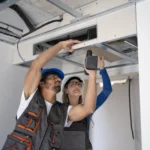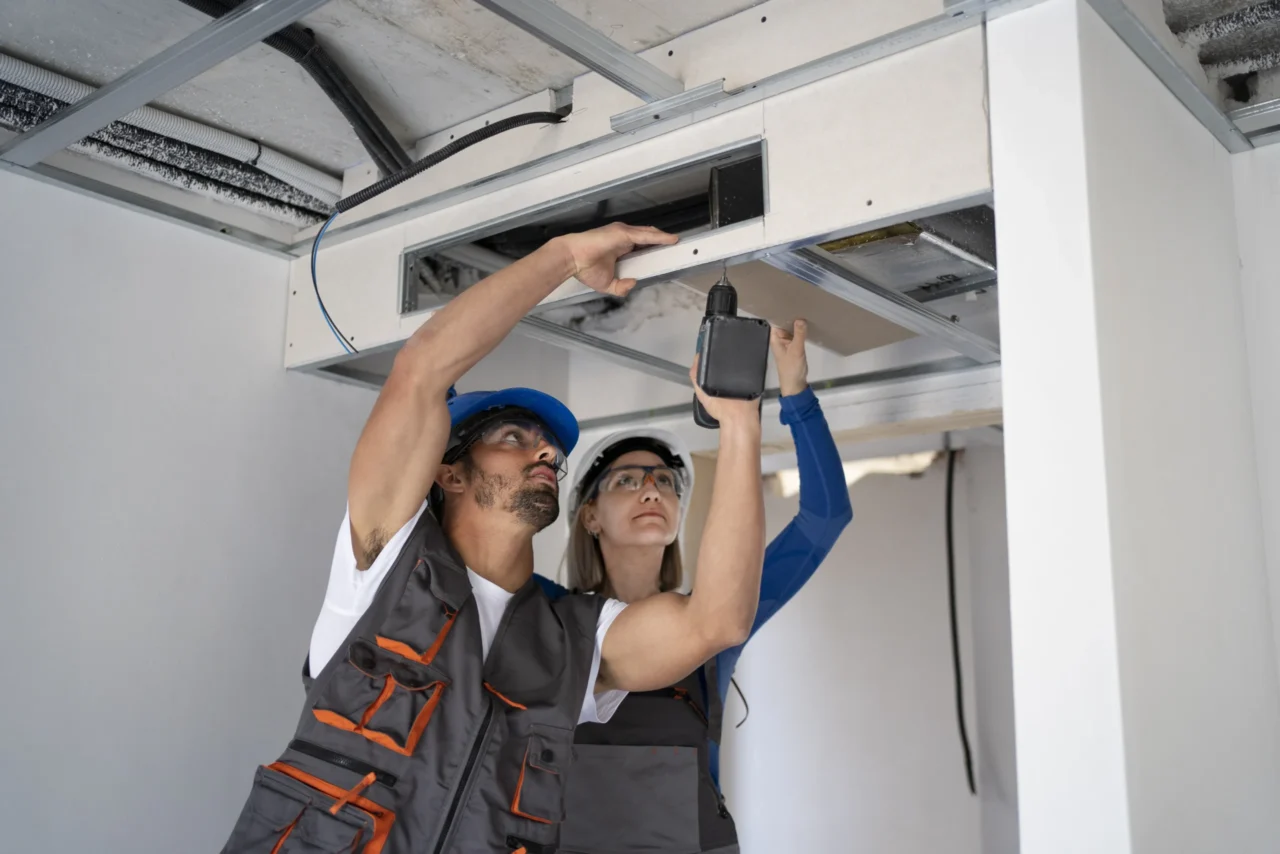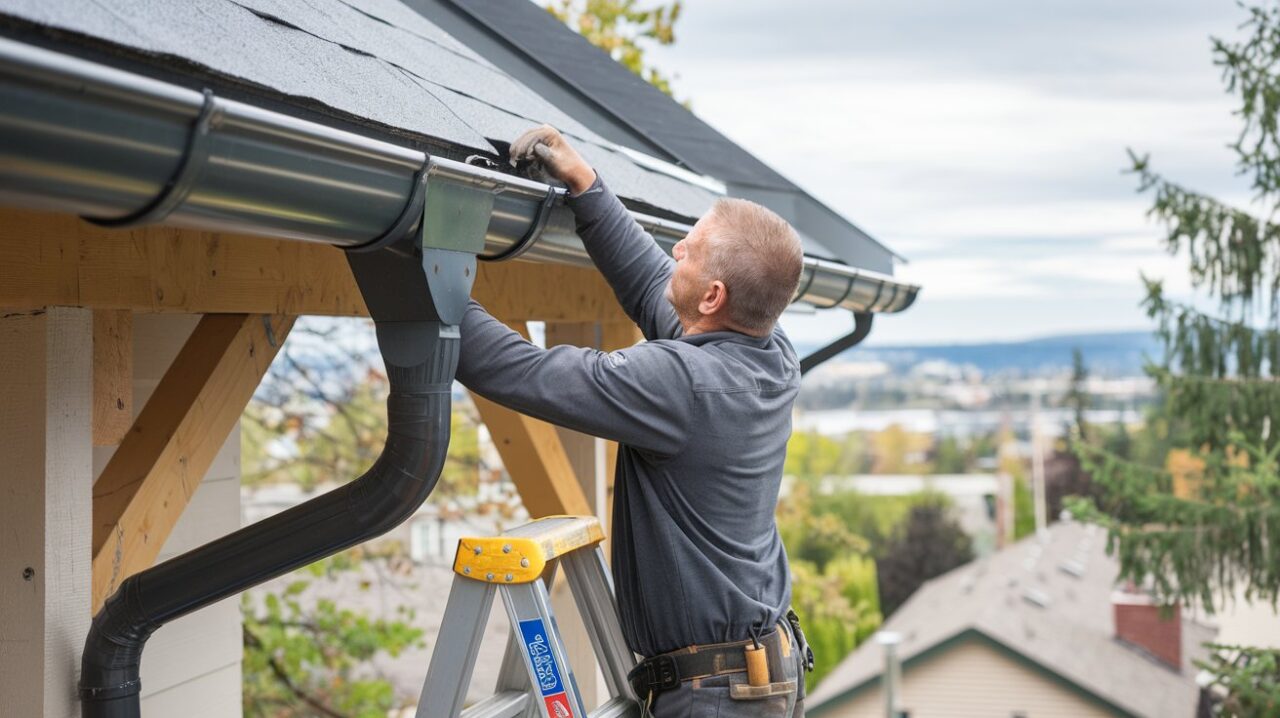Everybody wants to save time and money, respectively. The last thing you want to do when you have a plumbing issue is spend money on an emergency plumber. However, it’s crucial that you are aware of the dangers associated with doing your own plumbing repair before pulling out your toolbox.
While some repairs can be done independently, a licensed plumber is always needed to complete others correctly. We advise contacting a professional to handle plumbing repair work at all times. Long-term savings in terms of stress and money are the main two benefits of hiring professionals. Here are a few of the risks involved in performing plumbing repairs on your own.
Losing Your Warranty
The majority of large plumbing items have warranties from the manufacturer. These warranties are beneficial because you receive free repairs or replacements if something goes wrong with the appliance or part within the specified time period.
Most consumers don’t read the tiny print on these warranties before installing, repairing, or altering the equipment in a way that violates the warranty. Make sure your activities won’t violate the warranty before performing any DIY repairs, no matter how little.

Ignoring Building Codes
When renovating their bathroom or kitchen, finishing a basement, or adding on to their house, many homeowners choose to undertake their own plumbing work. In situations like this, you might assume that installing plumbing is similar to hanging drywall or laying down flooring. You’ll watch an online video, acquire the necessary equipment, then do the task yourself.
With these kinds of jobs, the plumbing isn’t done to code, which is an issue. Most states demand that a licensed and insured plumber do any plumbing work that involves relocating pipes or adding an additional pipe. The city won’t approve the job if you can’t show that a licensed plumber did it, and you risk penalties or other consequences.
Flooding
When fixing plumbing, it’s crucial to be knowledgeable about what you’re doing. You risk worsening the situation and perhaps causing flooding if you don’t take the required safeguards. Many DIY experimenters make the costly mistake of failing to turn off the main water valve; by the time they discover their mistake, the house is flooded.
Corrosions
DIY repairs run the danger of replacing broken pipes with the wrong ones. Several types of pipes exist for different purposes, such as inlets and drainage. Making the correct distinction is crucial since utilizing the incorrect pipes might damage your home or structure more. If improper material is used, certain pipes may face the danger of corroding. Thus, you and your family are put at risk for health problems.
Incorrect Assessments
Depending on the structure, every house has a distinct plumbing layout. Finding a film that speaks directly to your circumstance may be challenging. You can therefore wind up making things worse rather than better as a result. A leaky pipe might occasionally signify something more serious going on. You could attempt to solve a little issue but create a larger one.

Breaking Pipes
The plumbing in your house is a very complex system that calls for the right skills and equipment. Unfortunately, most plumbing repairs cannot be handled by the typical homeowner due to a lack of skill. A joint might leak simply by being over-tightened. In the end, you’ll have to buy a replacement pipe if it is damaged. Working with a plumbing firm is worth the added peace of mind.
Know Your Limits
There are numerous potential risks hidden during plumbing repairs. You might unintentionally expose yourself to mold and hazardous substances. Additionally, certain repairs require you to cram into small spaces, which could be dangerous. Electrocution is a significant risk when working close to appliances.
Before trying do-it-yourself repairs, it’s critical to assess your skills. The risk involved in installing a gas water heater is lower than that involved in replacing a damaged toilet handle. If you screw up changing the handle, you lose a few dollars and have to swallow your pride. However, tampering with plumbing parts like gas lines is serious and calls for a qualified plumber.











